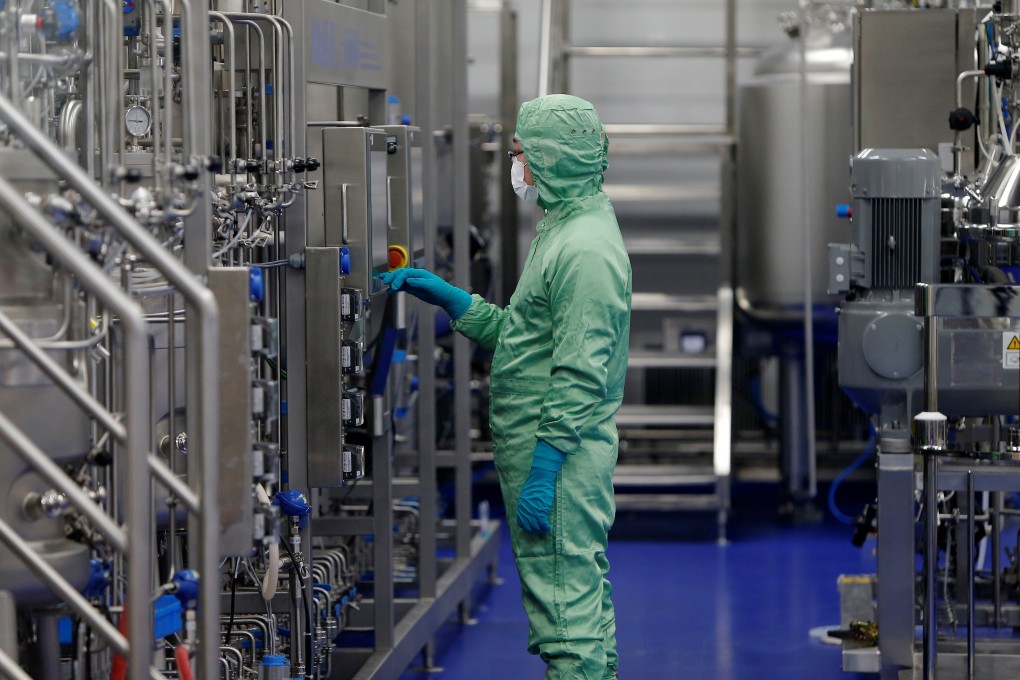My Take | Controversy over Covid-19 jabs offers lessons in vaccine development for China
- Making claims about experimental shots before the results were in raised expectations and created doubts
- Drug makers must learn to follow the international playbook when it comes to clinical trials and transparency

The controversy provides lessons for China as a newcomer to global vaccine development, an area where it wants to take a leading role.
The first is to do with managing expectations. Even before the pharmaceutical firms had provided data from clinical trials, Chinese officials and company executives were making claims – saying there hadn’t been a single infection among people who travelled abroad after getting the experimental jabs.
The claims were dubious since they were referring to people who were not part of the trials and it would have been difficult to trace all of them. There were also reports in international media to the contrary, that some vaccinated Chinese had in fact been infected.
Trumpeting the experimental jabs so early, before the results were in, heightened public expectations and also created doubts.

03:05
China-made coronavirus vaccines widely distributed despite efficacy concerns
